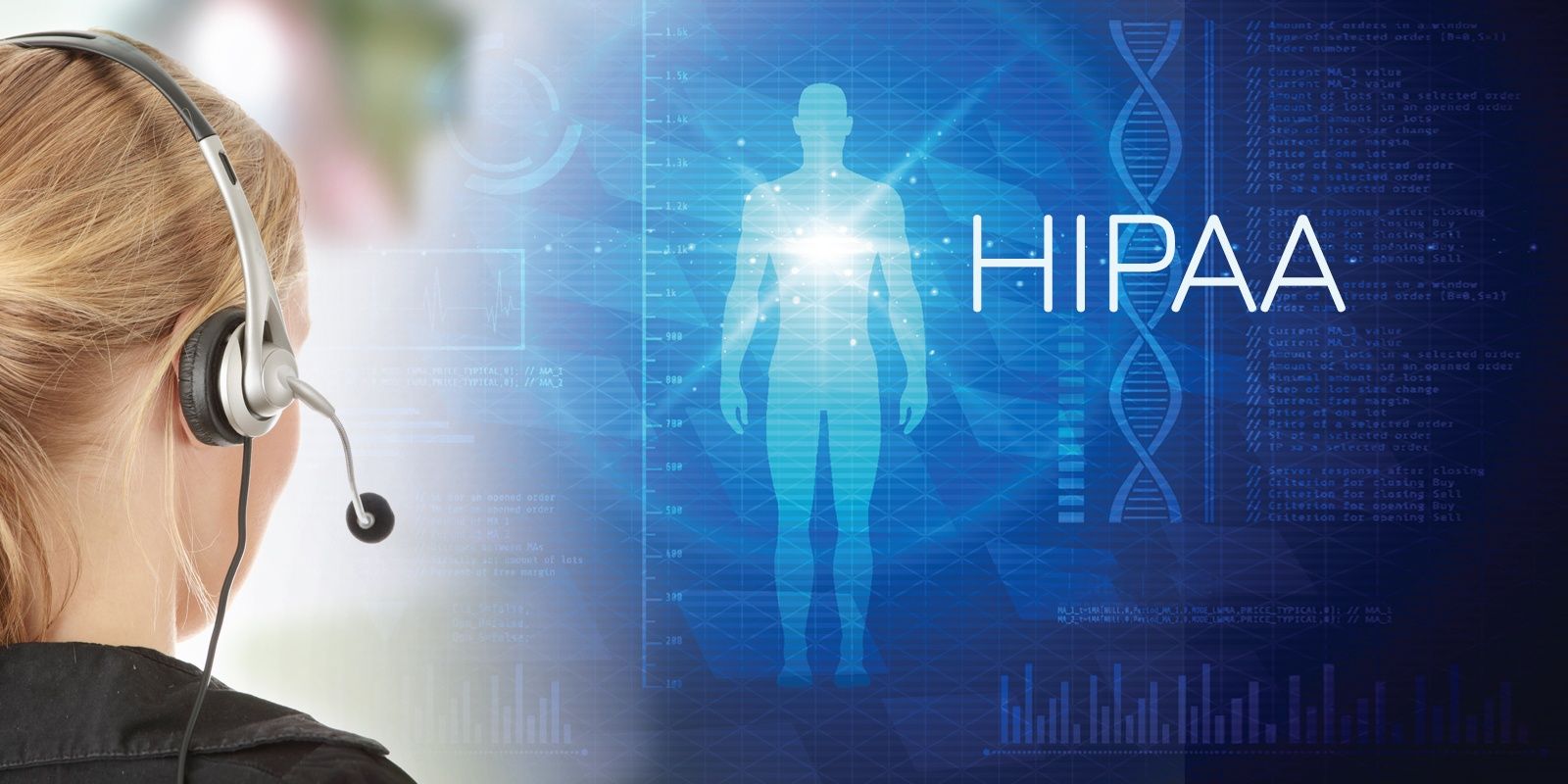HIPAA Compliance and Technology
HIPAA compliance is a vital part of any medical practice, especially as technology continues to advance. It is more important than ever that medical practices are safeguarding their protected patient health information (PHI). This is especially important for medical practices that work with partners to handle any of their sensitive information, such as billing or patient calls.
HIPAA Compliance Across the Care Continuum
New advances in technology allow the healthcare industry to be more efficient. Organizations can store and share data more easily through systems like electronic medical records (EMRs) software. Unfortunately, this created the side-effect of making patient data vulnerable in new ways.
Medical practices should be ready to look for HIPAA compliance anywhere their data goes. It’s important for medical practices to evaluate the risks to data exposure and take the appropriate documented steps to protect it. This includes vetting any partner exposed to or directly handling PHI.
What Information is Protected?
Under the Privacy Rule, all information that can be used to individually identify someone is protected. Protection occurs no matter what form the information takes. This information can include all historical data on a patient’s condition, what health care they’ve received, any billing information, and anything else that can reasonably be used to identify someone. This, of course, includes the expected information such as name, address, date of birth, etc.
The Privacy Rule leaves a little room for interpretation, so it’s best to protect all of the information you have on your patients to be safe.
Staying Adaptive and Vigilant
Technology continues to march forward with new innovations seemingly every day. It’s important to be able to understand how to utilize new security advances as well as the risks associated with new technology.
To stay HIPAA compliant you must always be vigilant to adapt and make changes in accordance with any new risks, whether from the technology you use or otherwise. This means it can be difficult to find a partner to trust for services such as an answering service, scheduling service, data storage, etc. Partners have to invest to become HIPAA compliant, with the right systems, training and more. Not every company is going to be able to, or willing to, make that investment.
What HIPAA Means for Your Partnerships
All authorized users of protected health information must be HIPAA compliant. This means that any of your partners that are authorized to handle your patient data must be compliant as well. They have to be just as vigilant as you and understand the intricacies of each regulation.
You need partners that don’t just offer HIPAA compliant services and products, but understand it and can help you proactively protect data and prevent fines. Establishing processes to vet your partners is key. Factors to account for in a partner can include but are not limited to: ensuring they provide a business-to-business agreement that outlines compliance measures, and that they place a concerted effort on mandatory, continuing education for all team members exposed to patient data, not just team members handling the data.
For additional information on HIPAA regulations HHS has provided a summary of the Security Rule.
HIPAA Compliance in Answering Services
An answering service is going to handle some of your patient’s most important data and be exposed to information such as their appointment types, personal/identifying information, diagnoses and more. They are also storing and conveying information to your practice, so it’s vital that they have the systems to meet the safety requirements and the ability to store data for the appropriate amount of time.
When looking for any partner, make sure that they have taken the steps required to be HIPAA compliant in advance so they don’t leave your patients’ data at risk and your organization accountable.
.png?width=135&height=146&name=ABA_Logo_-_June_Picture_Blue_Trademark%20(1).png)



